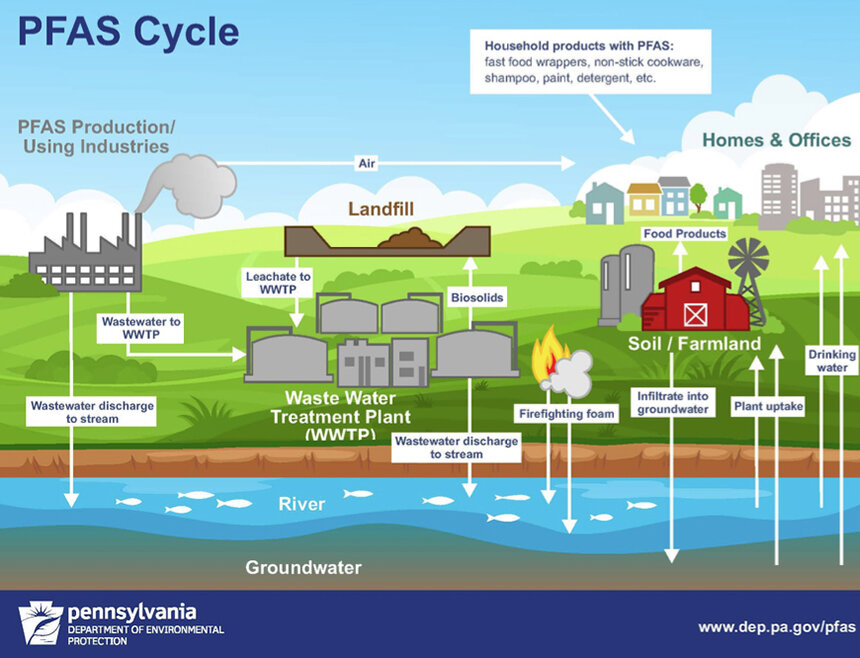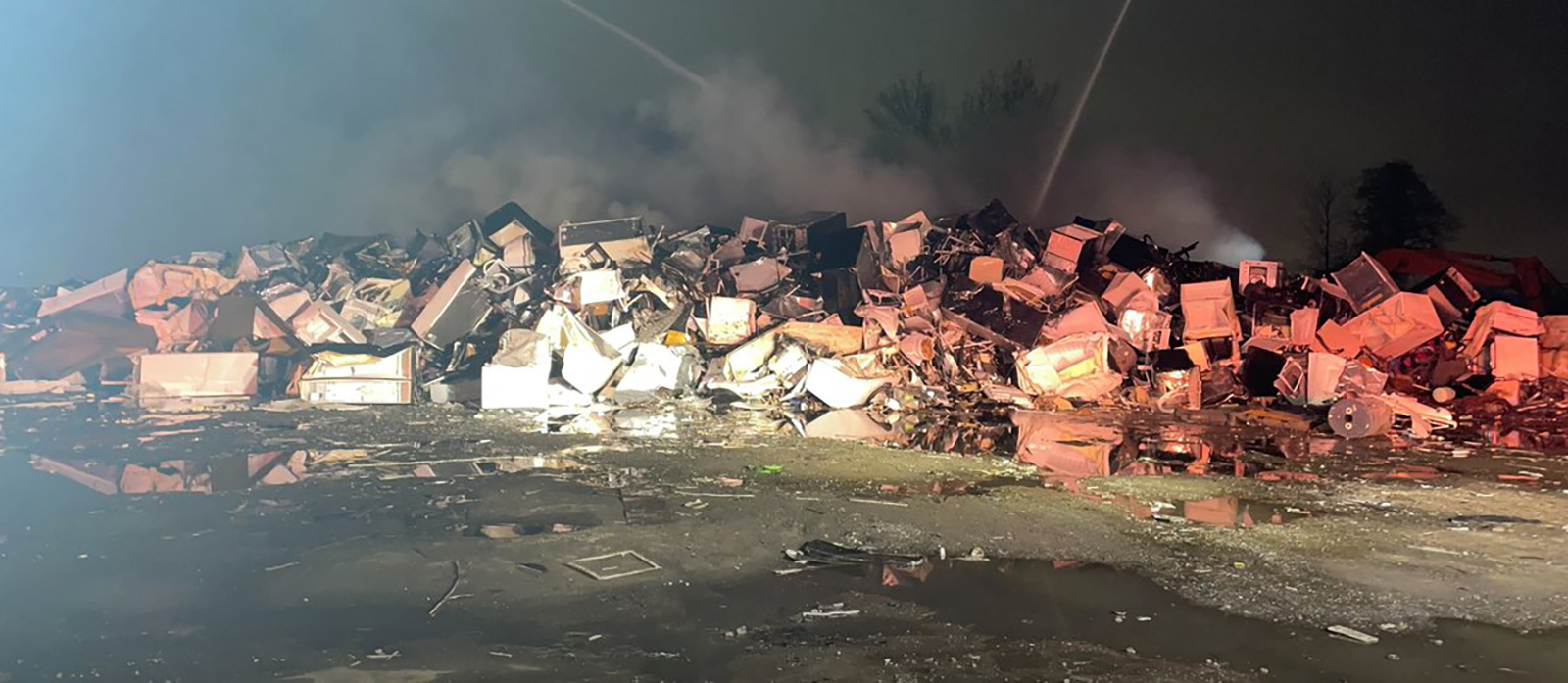Illegally Operating Scrap-Metal Company in Johnston Fined for Violating Clean Air Act
August 12, 2020
A scrap-metal processor in Johnston, R.I., was recently fined for the first time in its nearly seven years in business despite not having an operating license or an air pollution permit.
SMM New England Corp., a subsidiary of the global metal-scrap processor Sims Metal Management, has been operating illegally in Johnston since 2013 and releasing pollution that has been linked to cancer and respiratory illnesses, according to Rhode Island officials.
The Johnston location on Green Earth Avenue sorts and shreds automobiles, appliances, and other metals. Another Sims facility, on Allens Avenue in Providence, collects and ships the shredded materials. Sims also operates another facility in Providence, on Fields Point Drive.
A pre-construction engineers report from Sims submitted to the state in 2012 stated that there would be no release of regulated air pollutants from the shredding process. But inspections in 2014 and 2016 found violations and a lack of permits, according to state and federal officials.
In February 2018 the Environmental Protection Agency (EPA) issued a notice of violation alleging violations of the Clean Air Act and citing the Sims subsidiary for its failure to obtain a major source permit and a Title V operating permit.
After several complaints about air pollution by neighbors in the industrial park in 2019, the office of the attorney general issued a warning letter that noted numerous air pollution violations from a “plume of smoke” emanating from the 7,000-horsepower shredder. Workers at other businesses in the area complained of breathing problems and eye and throat irritation. “Auto fluff,” plastics, and other debris from the shredding process, was found on nearby properties. Testing found excessive levels of mercury, cadmium, lead, and other pollutants, according to the Aug. 9, 2019 letter.
The Rhode Island Department of Environmental Management (DEM) issued a notice of intent to enforce on the same day, noting that a nearby business had reported in late June and July that its employees were, among other things, “getting choked out from the smoke” and “getting killed right now with smoke and vapors from Sims.” DEM inspections had observed plumes of smoke emitting from the facility’s shredder on several visits to SMM New England Corp during that time.
After failing to comply with directives to obtain permits and install pollution-control equipment, Sims was fined at least $875,000 for emitting volatile organic compounds (VOCs) and other pollutants linked to health problems from its two Rhode Island facilities. It’s the largest penalty ever assessed by the state of Rhode Island for violations of the Clean Air Act.
“For too long, SMMNEC has not met its obligation to the people of Rhode Island to protect public health and the environment and keep harmful pollutants out of the air we breathe,” Attorney General Peter Neronha said. “SMMNEC’s operations in Johnston put Rhode Islanders at risk with uncontrolled emissions of dangerous, airborne substances.”
Sims will pay $550,000 to the state of Rhode Island and $325,000 to Johnston and Providence, which will fund unspecified projects. The legal agreement was filed Aug. 12 in Providence County Superior Court by the attorney general, DEM, and EPA. An additional $1,125,000 in penalties may be assessed if Sims doesn’t meet the conditions of the judgement.
EPA site inspections in September 2014 and October 2016 determined that the facility has the potential to emit at least 50 tons of VOCs annually. The emissions are released during the shredding of metals. Heat from the process melts or burns plastics, paints, surfactants, and oils in the scrap metals, which releases particulate matter and toxic air contaminants. Sims is required to install an air pollutant enclosure system to limit the amount of emissions that can escape while the shredder is operating.
In a comment from its U.S. headquarters in Rye, N.Y., Sims said it has worked cooperatively and in good faith to obtain the resolution. According to Sims spokesperson Réal Hamilton-Romeo, the dispute was always about the type of permit that was needed for the shredder.
“The issue here was our desire to be responsible members of the community, even though we continue to believe that we did not require the type of permit alleged in the complaint, we wanted to put this issue past us and focus on how best to go forward in Rhode Island in a COVID and post-COVID world,” Hamilton-Romeo said.
Sims suspended use of the shredder on April 6 because of the coronavirus heath crisis. But the company may now resume operations using a temporary pollution-reduction system. Another system is expected to be installed to reduce particulate matter and VOC emissions. Sims has 90 days to receive an air pollution permit from DEM.
“The bottom line is, we are not requiring that SMMNEC do anything beyond what they should be doing,” Neronha said. “Enforcing compliance with Rhode Island’s environmental laws isn’t anti-business. It preserves Rhode Islanders’ health, protects the state’s natural beauty, and levels the playing field for those businesses that do make the necessary investments in pollution-control technology and follow the rules.”
Two years ago the Johnston Town Council imposed restrictions after nearby residents reported explosions and loud noises from the SMM New England Corp. facility.



